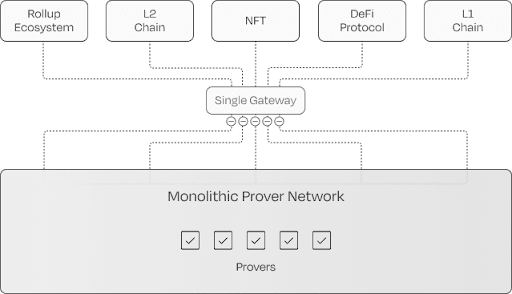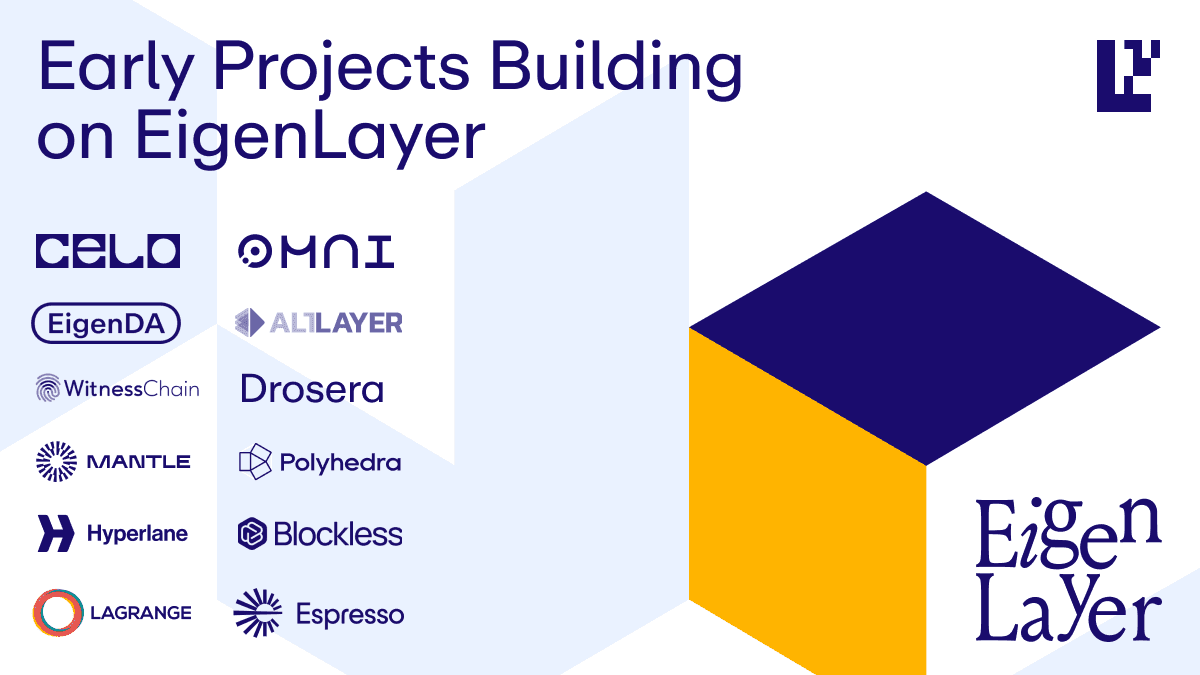First article: Introduction to the Lagrange project and its role in Web3
As the complexity of decentralized applications in the Web3 world increases, the need for easily verifiable computing solutions that maintain both efficiency and security has emerged. The Lagrange project aims to solve this problem by relying on Zero-Knowledge Proofs, a technique that allows the verification of the validity of operations or data without the need to disclose the details themselves.
What is the Lagrange project?
Lagrange is a Web3 project focused on providing highly efficient verifiable computing solutions, utilizing a decentralized node network to create directly verifiable Zero-Knowledge Proofs on the blockchain. This approach offers a high level of security and increases the speed of decentralized applications compared to traditional solutions.
How does Lagrange work?

The project relies on a decentralized Zero-Knowledge Proofs network, in addition to an auxiliary Zero-Knowledge processor that helps generate verifiable proofs off-chain, which are then entered on-chain for final verification. This method reduces resource consumption and significantly improves performance.
Compatibility with other systems

#lagrange supports interoperability between chains, meaning that different projects can benefit from its services without restrictions on the type of blockchain used. It can also integrate with platforms like EigenLayer to leverage the decentralized node network and enhance off-chain computing processes.
The token $LA
The LA token is the core asset of the Lagrange project and is used for various purposes including:
Network governance: Token holders participate in decision-making related to the network.
Rewards: Participants receive fees and rewards when submitting proofs on the network.
Task execution: Owners can bid on tasks to create proofs.
A modern design in an infographic style can be used to facilitate understanding of the technology for readers.
Sources:
Official website of the project ,@Lagrange Official
EigenLayer Documentation
Articles on Zero-Knowledge Proofs
Web3 Reports and Decentralized Computing Technologies




